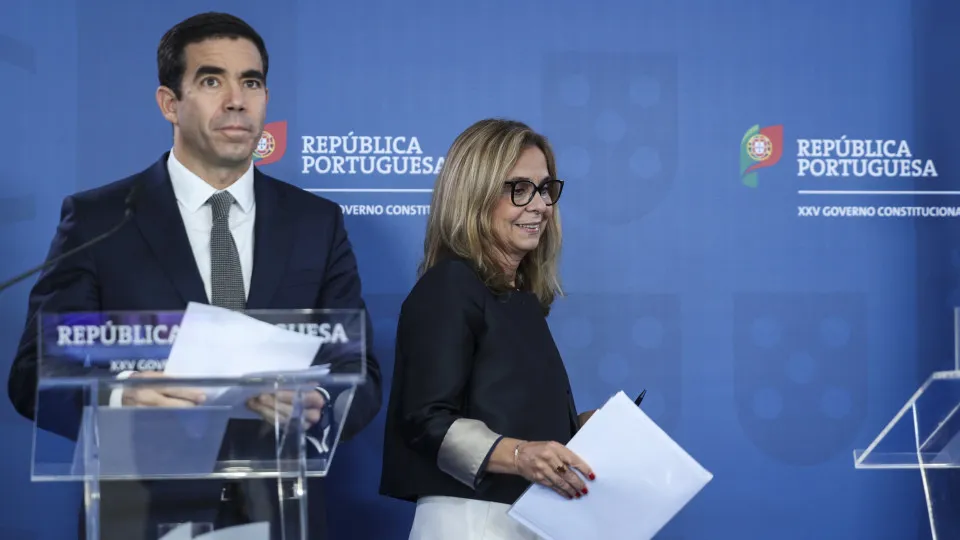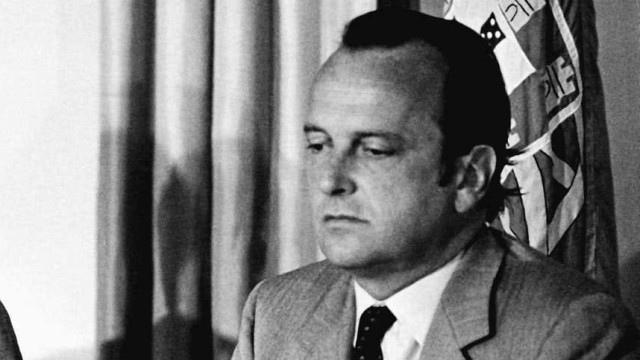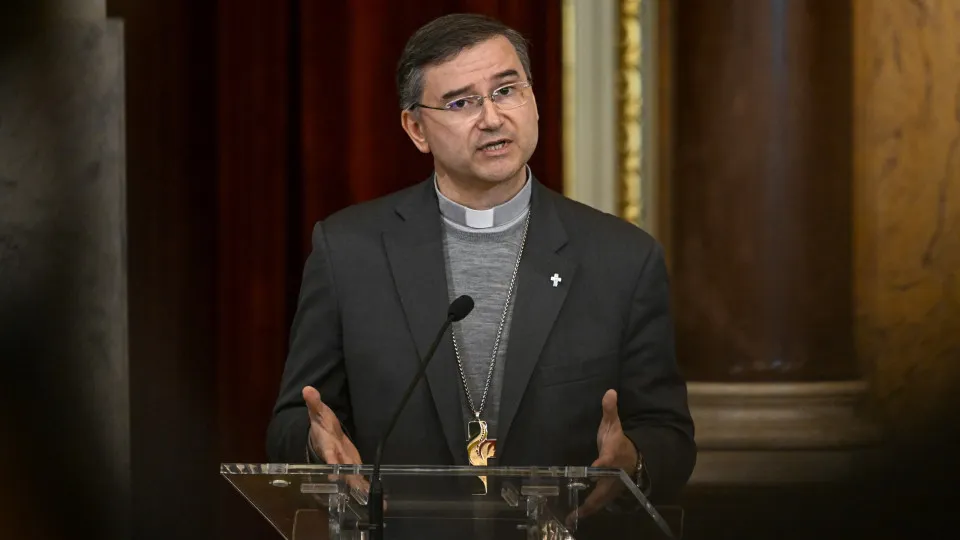
António Leitão Amaro addressed questions during a press conference regarding the weekly Council of Ministers’ meeting about the potential approval of the nationality law solely with support from Chega, after the Socialist Party expressed concerns over the lack of agreement with the government supporting benches PSD/CDS-PP.
The minister defended the approval of the bill in its specificity earlier this morning, describing it as “a very significant step towards the approval of one of the country’s most important laws.”
“It is the law that defines who we are, who is Portuguese, who belongs to the political community, and who is entitled to rights and duties, including political ones. It is, therefore, one of the most fundamental laws,” he stated.
Leitão Amaro argued that the version approved in the parliamentary committee, set for a plenary vote on Tuesday, is “a good law.” He emphasized that it makes obtaining nationality “more demanding, more dependent on an effective connection, and more reliant on a true adherence to the common values of the Portuguese political community, constitutional values.”
He highlighted that many of the rules were enabled today with votes (or abstentions) from the two largest opposition parties, Chega and PS, urging their responsibility. However, he accused the Socialists of wanting to repeat past policy mistakes on immigration.
“Today we have a law, due to changes in recent years, that is too facilitating, misaligned with Europe, misaligned also with the lusophone space, and incongruent with the demographic transformation that occurred in Portuguese society. It needs to be changed,” he asserted, indicating that “the Portuguese want a law that makes obtaining nationality more stringent.”
Amaro stressed that it is now “in the hands of the parties and those with significant parliamentary responsibility to decide whether they wish to pursue this path of change.”
“Those who vote in favor want rigorous requirements for granting Portuguese nationality, a genuine connection, and for it to be awarded to those who are integrated and effectively connected to our community and adhere to our values. Those who vote against prefer facilitation and ease in awarding Portuguese nationality, foregoing more stringent requirements,” he said.
The minister noted that the version of the bill set for voting “is aligned with European principles and rules,” including the timeframe for obtaining nationality (seven years for citizens from Portuguese-speaking countries and the EU and ten for others), which he claimed apply in “14 EU countries” and “most lusophone countries.”
“It’s a law adapted to the reality and transformation that occurred in Portuguese society, returning, by the way, to many solutions that were in place in Portugal for decades but were altered in recent years,” he defended.
In a global final vote, the government’s proposed revision of the nationality law must secure a qualified majority, ensuring at least 116 favorable votes out of a total of 230 deputies, a condition not currently guaranteed.
Chega supported, in particular aspects, several points of the government’s nationality law revision proposal, while PS, BE, and PCP announced their overall opposition to the process.




